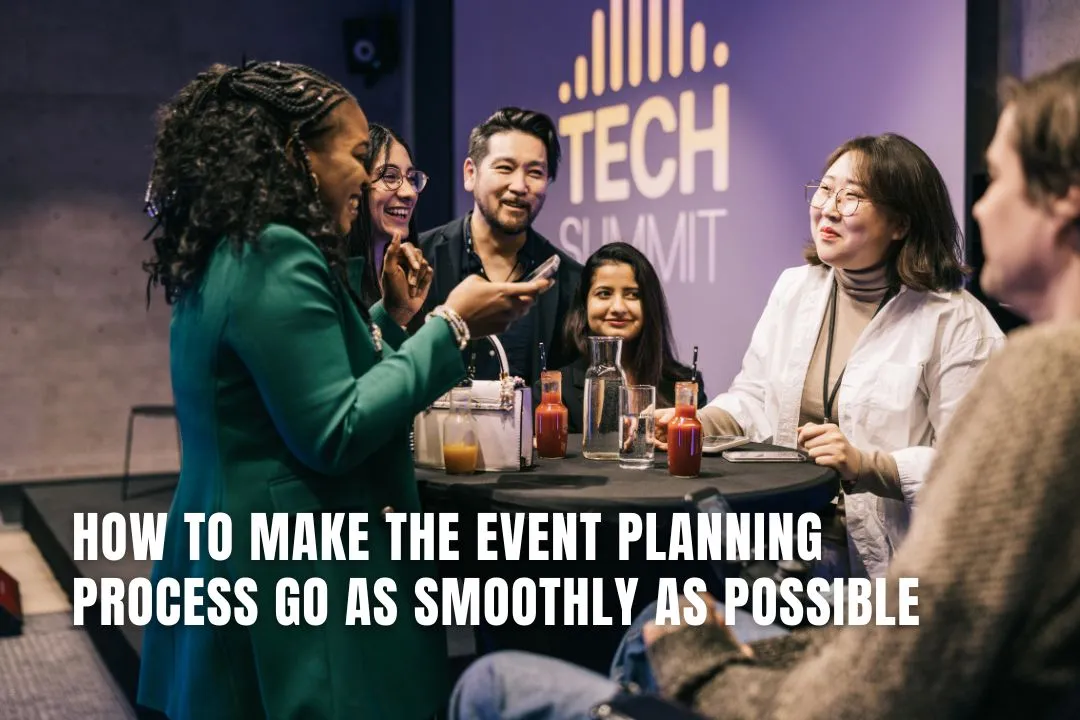
Editorial Disclaimer
This content is published for general information and editorial purposes only. It does not constitute financial, investment, or legal advice, nor should it be relied upon as such. Any mention of companies, platforms, or services does not imply endorsement or recommendation. We are not affiliated with, nor do we accept responsibility for, any third-party entities referenced. Financial markets and company circumstances can change rapidly. Readers should perform their own independent research and seek professional advice before making any financial or investment decisions.
Planning an event can be a surprisingly stressful experience. After all, it’s one thing to decide you want to show your business off at one of these shows, but it’s quite another to actually go through the steps of bringing it all together.
You need to make sure that your approach is as targeted and strategic as reasonably possible, from the very beginning. If you’re looking to get the most out of your planning process, with as little effort as possible, then here’s how you should go about it.
The first part of the event planning process will be to establish some clear parameters. These might include a prioritised list of goals you hope to achieve through your event attendance, a clear budget framework, and a timeline over which you intend to get the planning completed.
This general framework will determine how you approach the following steps, and it needs to be done before anything else. It should be easy to prioritise, as it isn’t something that you can afford to put off for too long.
Next, you’ll likely find that you need to get help with certain parts of the process. Whether that’s assistance from a design expert in making a virtual environment to show off your product, or help from an exhibition stand specialist like Focal Exhibitions, these partners can make your trade show attendance far more effective than it otherwise would be. Choose these partners wisely, and don’t be afraid to reach out to other businesses in your niche to get their advice on who to pick.
Early on in the planning process, you’ll also need to make sure that you delegate. Unless you’re part of a one-person operation, you should definitely be spreading the responsibility for event planning out across a number of different people.
This can be especially important if you’re prone to attempting all these kinds of things yourself. Even if - or perhaps especially if - you’re a perfectionist, you need to make sure that you’re able to spread the load over enough hands that each task receives an adequate amount of attention.
Lastly, it’s crucial that you remain flexible in certain key ways. While you may not want to compromise on certain key goals, what you should be more flexible around is how you go about achieving those goals.
Maintaining this kind of adaptability can reduce the number of critical roadblocks you stumble across; after all, if you can just steer around them by choosing another solution to your issues, the overall impact will be far less drastic.
Event planning can take a lot longer than expected, and you need to make sure that you leave enough time to get everything done. By following the basic tips outlined above, you can increase the efficiency of your approach, while still being sure that you and your organisation are able to meet your most important goals.